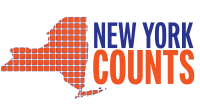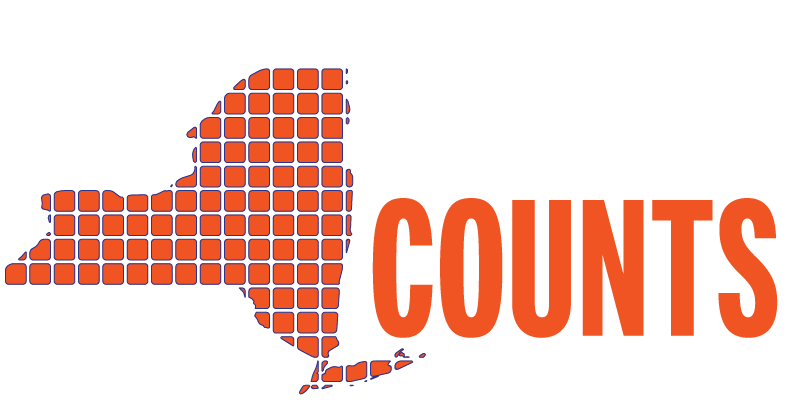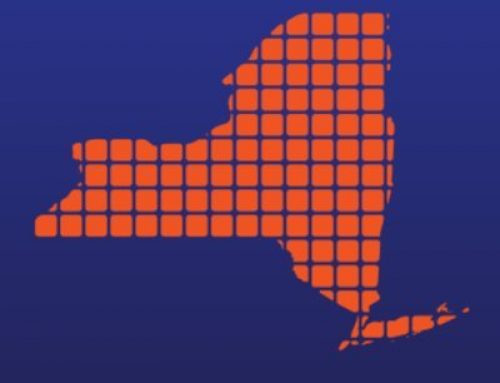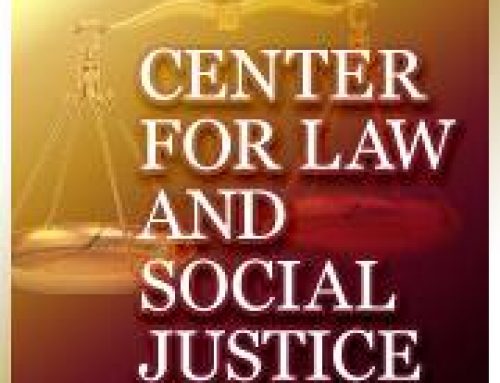As part of the “Awareness” advertising and messaging phase of the 2020 Census, the U.S. Census Bureau has created a timely page around data protection to address concerns about confidentiality of census questionnaire response data, including this useful PSA:
Several billboards in hard-to-count areas like Harris County feature similar messaging in English and other languages.
From 2020census.gov:
Our Legal Duty To Protect Your Information
The Census Bureau is bound by Title 13 of the U.S. Code to keep your information confidential.
Under Title 13, the Census Bureau cannot release any identifiable information about you, your home, or your business, even to law enforcement agencies. The law ensures that your private data is protected and that your answers cannot be used against you by any government agency or court.
The answers you provide are used only to produce statistics. You are kept anonymous: The Census Bureau is not permitted to publicly release your responses in any way that could identify you or anyone else in your home.
Data Protection and Privacy Program
Being responsible stewards of your data is not only required by law, it is embedded in Census Bureau culture. Strict policies and statistical safeguards help protect the confidentiality of your information. Before releasing data products, the Census Bureau verifies that they meet its confidentiality standards.
Secure Technology
From the beginning of the data collection process, the Census Bureau follows industry best practices and federal requirements to protect your data.
The security of Census Bureau systems is a top priority, and our IT infrastructure is designed to defend against and contain cyberthreats. We continually refine our approach to identifying, preventing, detecting, and responding to these threats.
Related to data protection and privacy, the Census Bureau also provides guidance on how to avoid scams that may arise throughout this year:
Avoiding Scams Online
Phishing is a criminal act in which someone tries to get your information by pretending to be an entity that you trust. Phishing emails often direct you to a website that looks real but is fake—and may be infected with malware.
It is important to know that the Census Bureau will not send unsolicited emails to request your participation in the 2020 Census. Further, during the 2020 Census, the Census Bureau will never ask for:
- Your Social Security number.
- Your bank account or credit card numbers.
- Money or donations.
In addition, the Census Bureau will not contact you on behalf of a political party.
Staying Safe at Home
If someone visits your home to collect a response for the 2020 Census, you can do the following to verify their identity:
- First, check to make sure that they have a valid ID badge, with their photograph, a U.S. Department of Commerce watermark, and an expiration date.
- If you still have questions about their identity, you can call 800-923-8282 to speak with a local Census Bureau representative.
Reporting Suspected Fraud
If you suspect fraud, call 800-923-8282 to speak with a local Census Bureau representative. If it is determined that the visitor who came to your door does not work for the Census Bureau, contact your local police department.




